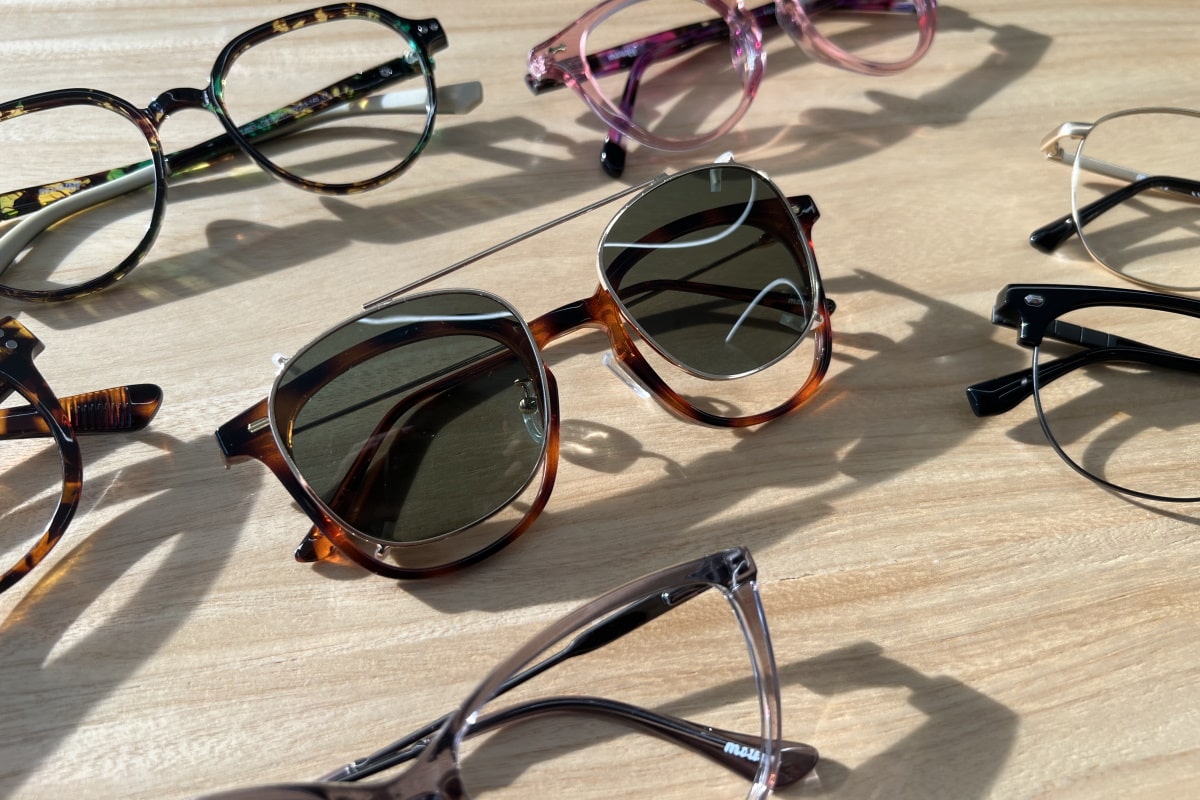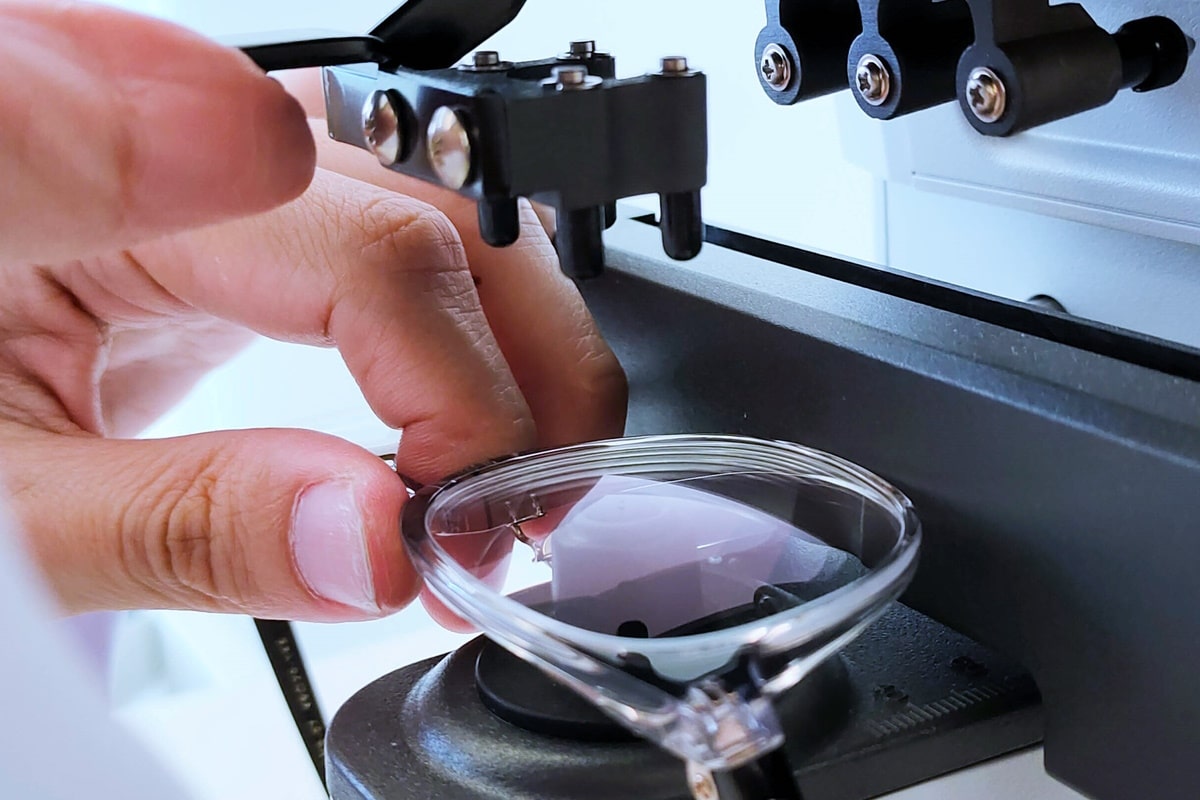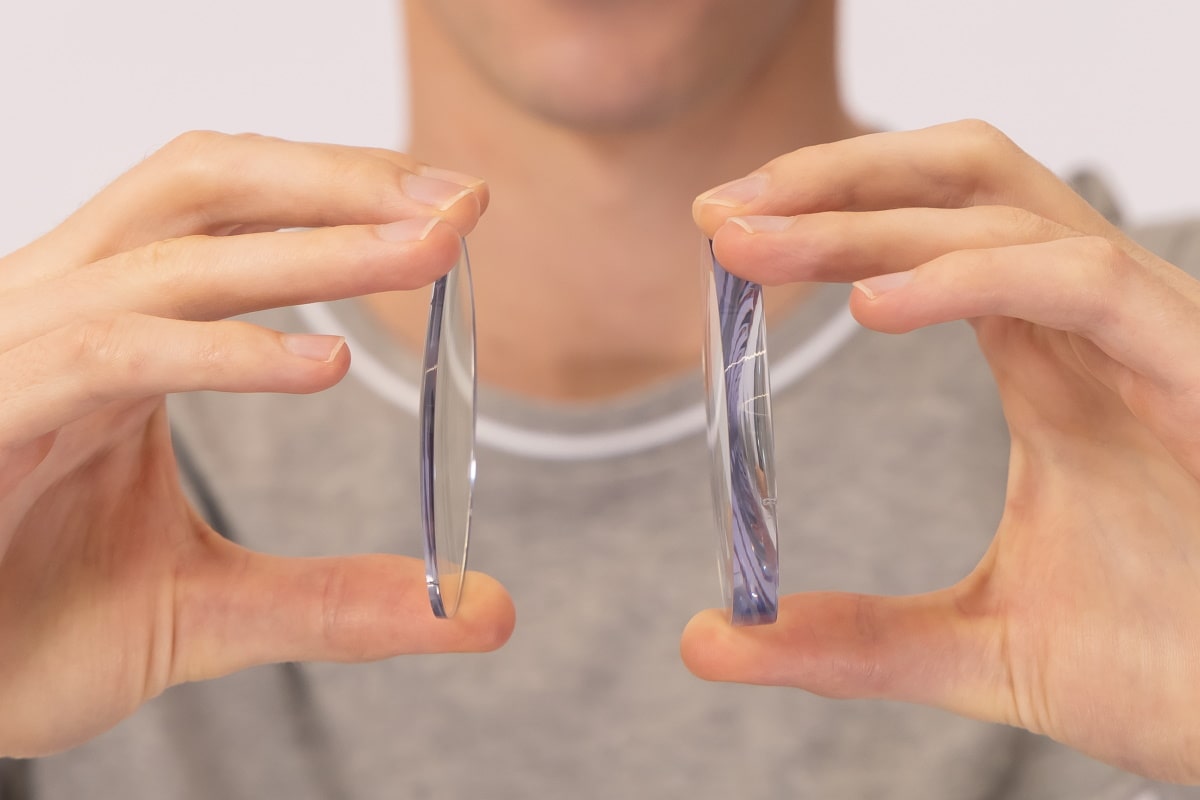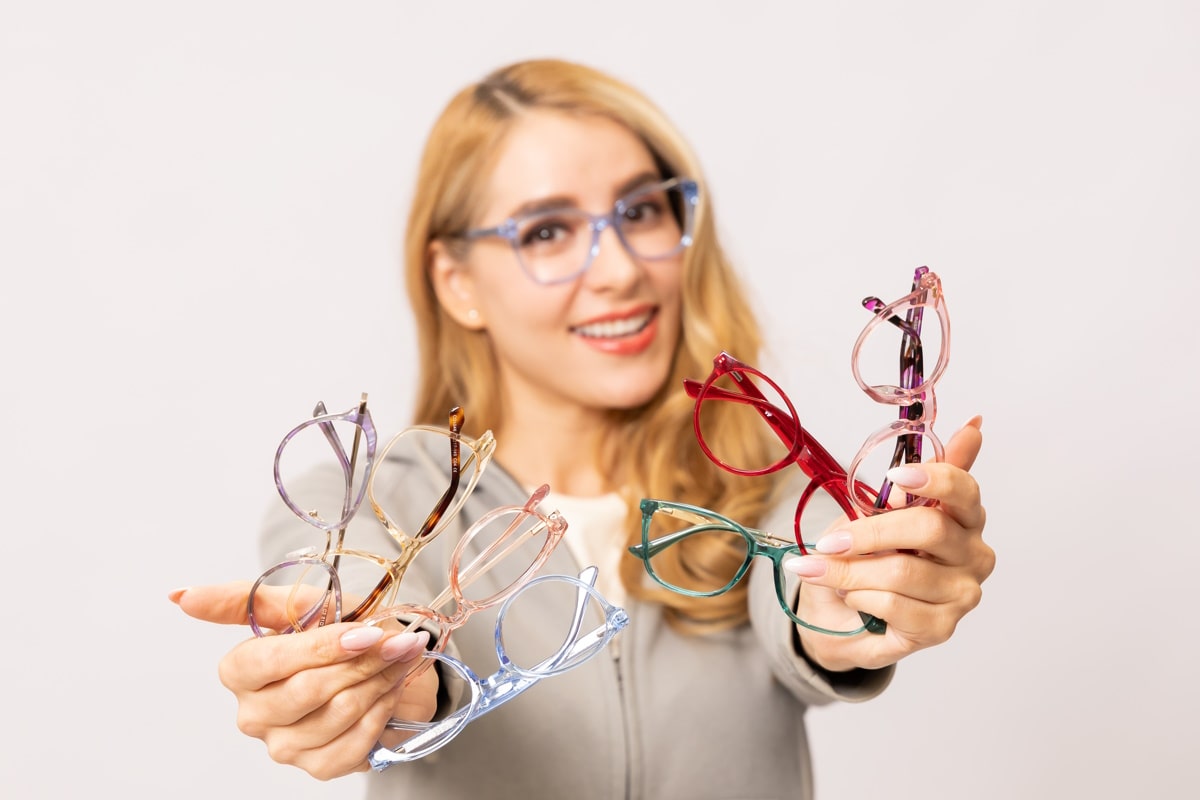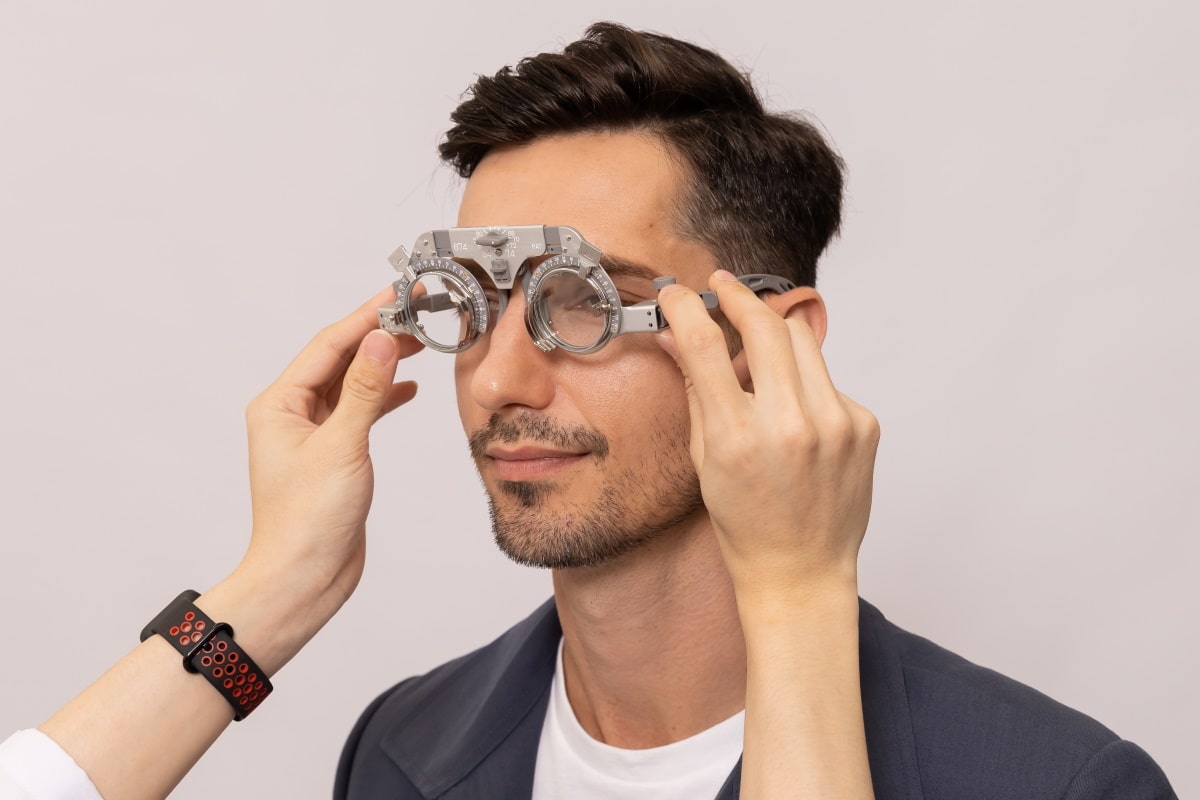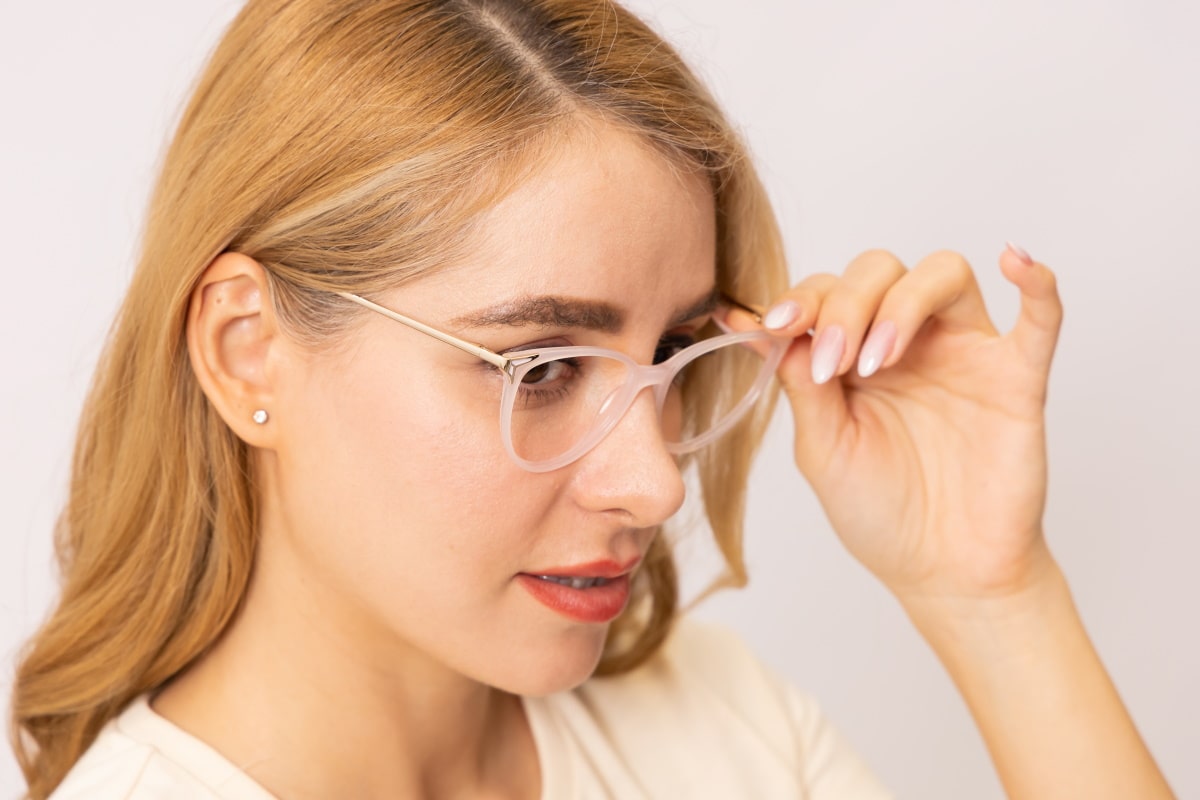Optometrist vs. Ophthalmologist: What Are the Differences?
When it comes to vision and eye-health related issues, it can be hard to decide which type of health professional to see. Ophthalmologists, optometrists, and opticians all specialize in eye care; but who should you see – and for what?
The type of eye professional you see will depend on your needs. If you simply need a new pair of eyeglasses, then you won’t be seeing the same person as you would for an eye disease or surgery.
In this article, we will talk about the differences between an ophthalmologist, optometrist, and optician and how to choose the best eye professional for your needs.
What does an ophthalmologist do?
An ophthalmologist [1] is a medically trained doctor specializing in the eye. Ophthalmologists can provide eye examinations and diagnose and treat eye diseases. Ophthalmologists typically specialize in a certain type of eye care. Common specialities include:
- Cataracts and refractive surgeryPerforming cataract removal surgeries and correcting refractive errors (such as short-sightedness) through surgery.
- Cornea and external diseaseDiagnosing and managing patients with diseases affecting the front of the eye.
- GlaucomaDiagnosing and managing patients with glaucoma (an eye disease causing progressive peripheral vision loss). This may involve medications or surgery.
- Neuro-ophthalmologyEye disorders related to the brain or optic nerves of the eye.
- OculoplasticsSurgery involving the eyelid, tear ducts, and orbit of the eye.
- VitreoretinalDiagnosing and managing eye conditions involving the retina (back layer of the eye) or vitreous (gel-like fluid filling the back of the eye).
What does an optometrist do?
The role of an optometrist [2] is to examine the eyes – detecting vision and ocular health-related issues. Optometrists take a postgraduate program (that takes roughly 4 years) where they learn about examination techniques, optics, and pharmacology.
This means that optometrists can prescribe glasses or contact lenses, as well as diagnose and manage various eye conditions. Some of the services offered by optometrists include:
- Routine eye examinations and advice
- Prescribing glasses, contact lenses, and other vision aids
- Diagnosing eye conditions
- Post-surgical eye care
- Prescribing medications to manage eye conditions
Optometrists can prescribe glasses to correct refractive errors, which are issues with focusing light onto the back of the eye due to eye shape. These include myopia (short-sightedness), hyperopia (long-sightedness), astigmatism (blurred vision caused by imperfect curvature of the front of the eye), and presbyopia (reduced focusing ability up close that occurs with age).
Optometrists can also detect eye diseases including:
- Anterior eye diseases (affecting the front of the eye)
- Infections, such as conjunctivitis or keratitis
- Glaucoma
- Cataracts
- Retinal diseases (affecting the back of the eye)
- And many more…
To learn more about the vision and eye health issues an optometrist can diagnose and manage, see our article on the most common vision problems.
For vision and eye health issues, optometrists can prescribe treatment (such as glasses, or medications). In some states, optometrists can also perform minor surgeries, such as foreign body removal or laser eye surgery. If the issue requires additional treatment such as surgery, then the optometrist will refer their patient to an ophthalmologist.
What does an optician do?
An optician’s [3] role is to assist you in selecting frames and lenses. Frames will be selected based on your face shape, style, and preferences of color and material. Lenses are dispensed based on your lifestyle needs. Some common lens types include:
Single vision lenses
These lenses correct your vision using one prescription power. This may be either distance, intermediate, or near vision.
Bifocal lenses
Bifocals correct your vision using two prescription powers (often distance and reading). These lenses have a visible segment for near power.
Progressive lenses
These lenses allow you to see clearly at multiple distances (such as distance, intermediate, and near). Unlike bifocals, progressive lenses do not have a visible line and provide a greater range of clear vision.
When should I see an eye doctor?
It’s important to have regular comprehensive eye examinations every 1-2 years, or as recommended by your eye doctor. You should see an eye doctor [4] sooner if you have:
- Changes to your visionThis may include blurry vision at distance or near, or difficulty seeing at night. Any haloes in your vision or cloudiness should also be checked out.
- Eye painAny pain in or around your eyes should be checked out by an eye doctor.
- Double visionIf you have double vision, you may need an updated prescription, or it could be a sign of more serious ocular or neurological conditions.
- An increase in eye floatersThese are often described as black, squiggly lines moving across your vision. This can be normal or can be a sign of something more serious (such as a retinal detachment).
- Blind spots in your visionIf you notice black spots, or missing spots in your vision then this can be a sign of ocular conditions (such as glaucoma).
- Flashes of lightThis usually appears in the corner of your vision and can be a sign of ocular or neurological conditions (such as a retinal detachment or migraine).
- Eye infectionIf you suspect that you have an eye infection, then you should see an eye doctor to receive treatment. This may include discharge from the eye (watery or yellow-white), eye redness and irritation, and discomfort.
- Dry or itchy eyesIf you experience this, you should see an eye doctor to identify the cause of your dry, itchy eyes. Your eye doctor will also advise you of the best management option.
- Eye strain or fatigueThis is typically a sign that you need an updated prescription.
- HeadachesIf you are getting headaches, it could be a sign that you need a new glasses prescription. In some cases, headaches can also be due to more serious conditions.
How to choose an eye doctor
It’s important to look for an eye doctor that will meet your vision and eye health needs. Some things you should consider when choosing an eye doctor [5] include:
Your eye care needs
Your eye doctor should be able to meet your eye care needs, whether that is a comprehensive eye examination or something more complex such as surgery. Before visiting your eye doctor, you should make sure that they can provide you with the services you require.
Many eye doctors specialize in specific conditions, so it’s important to double check that they have the technology and experience to reach your eye needs.
Availability and accessibility
Choosing an eye doctor who is nearby and readily available is preferred. If you have an urgent need to see your eye doctor, then you will be able to book an appointment sooner. In some cases, it is important to get treatment as soon as possible.
The eye doctor’s experience and reputation
Finding a knowledgeable eye doctor with a lot of experience will make you feel more at ease when having your eye examination. It’s a good idea to talk to friends and family about who they see to get a better idea of the reputation of local eye doctors.
Glasses collection
Larger practices typically have a wider selection of glasses available for you to buy. If you want a better range of glasses to choose from, then it is a good idea to look for a bigger, more well-known practice.
As well as having regular eye examinations with your eye doctor, there are many ways you can keep your eyes healthy by yourself. See our article for 7 tips to keep your eyes healthy.
References
- “What Is an Ophthalmologist?”, Verywell Health
- “Optometrist vs. Ophthalmologist: What’s the Difference?”, Healthline
- “Optician”, Cleveland Clinic
- “10 Signs You Should See an Eye Doctor, Now!”, Optometrists Network
- “Finding an Eye Doctor”, National Eye Institute

Written by:
Dr. Jordan Marr

